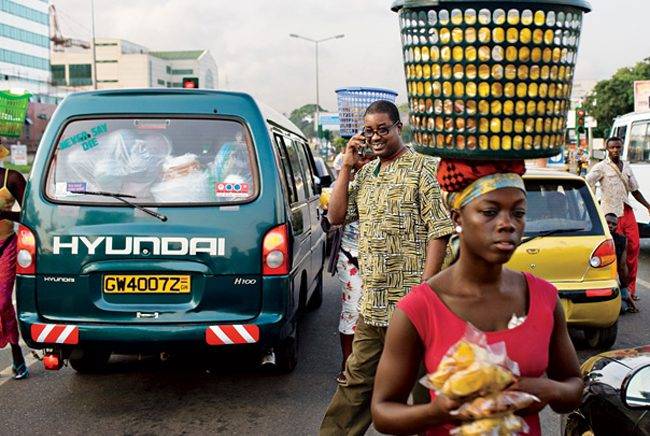New World Bank Report Says Ghana’s Business Environment Is At A Standstill Despite Economic Growth

For the past 10 years, Ghana has been implementing positive reforms to improve the ease of doing business and better its economy. Many reforms have been introduced to this effect.
One of such efforts was the provision of USD 100 Mn for SMEs in a bid to scale 3000 startups. But it seems all the hard work has yielded nothing much as a new World Bank report says the business climate in the country hasn’t gotten any fairer.
The report, which is titled Ghana Economic Diversification Through Productivity Enhancement, points out that the quality of Ghana’s business environment needs to be substantially leveled up.
The country’s economic growth has been strong for the past decade, with an annual GDP per capita growth of 4.4 percent between 2006 and 2017. But the greener vegetation has been on the fields of natural resources and commodities. The report says this had an impact on how and where jobs can be created.
“About 40 percent of the employed work in non-wage agriculture and most urban workers are in low-productivity informal jobs, primarily in the services sector,” said, Pierre Laporte, World Bank Country Director.
“The need for economic diversification is therefore urgent for the creation of more and better jobs. Increasing productivity of firms is critical to accelerate job rich growth”.
Ghana also implemented a paperless clearance system, publicized construction regulations, strengthened construction quality control, and rolled out several simplification measures for cross-border training.
The report, however, pointed out that the gold, oil and cocoa producing industry yet needs further reforms for its business environments. This is basically because the sector ranks 114th out of 190 countries in the latest edition of World Bank’s Doing Business report.
Ghana ranks 106th out of 140 countries in the 2018 World Economic Forum Competitiveness Report, outperforming the sub-Saharan Africa region on the majority of all 12 pillars of competitiveness. But the country lags countries in the East Asia and Pacific region.
In as much as productivity in Ghana is higher than that of most of its regional peers, there is substantial potential to raise it further to international levels. Technically, about half of manufacturing firms in the Akufo-Addo-led country have labor productivity that is below USD 3,969.
That is above the level seen in countries such as Cameron and Indonesia. Nevertheless, income per capita-based analysis suggests that this median productivity can be increased to the record level in Vietnam, another of Ghana’s aspirational peers.
The report directs that the country can take advantage of short-term wins in promising sectors for growth. The sectors include agribusiness, chemicals, textiles, processed resources through upgrading of existing production and product differentiation.
The report concludes that a more diverse economy could help reduce economic volatility from commodity cycles and offer new opportunities for more people to benefit from strong economic growth.
Featured Image: Daily Maverick